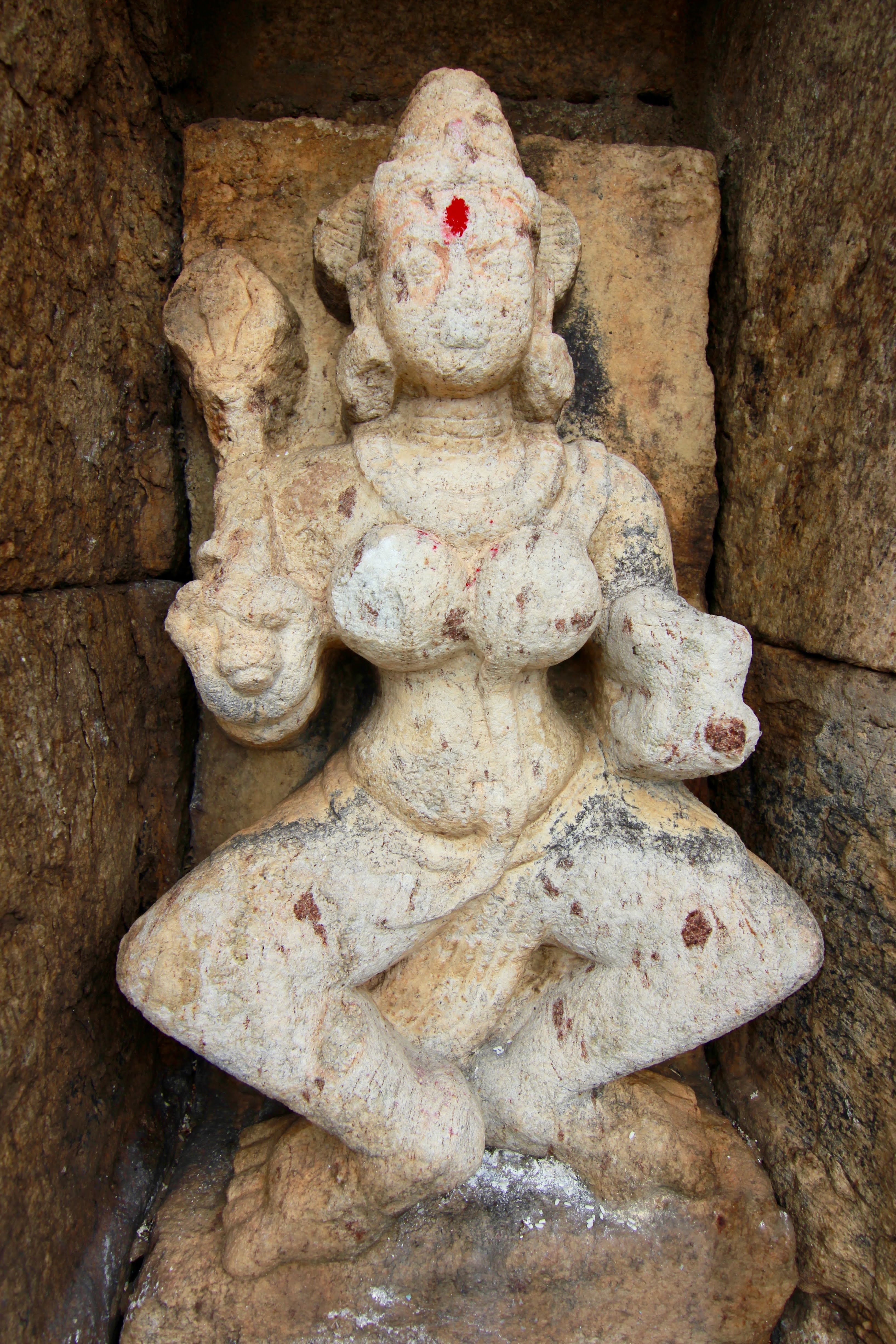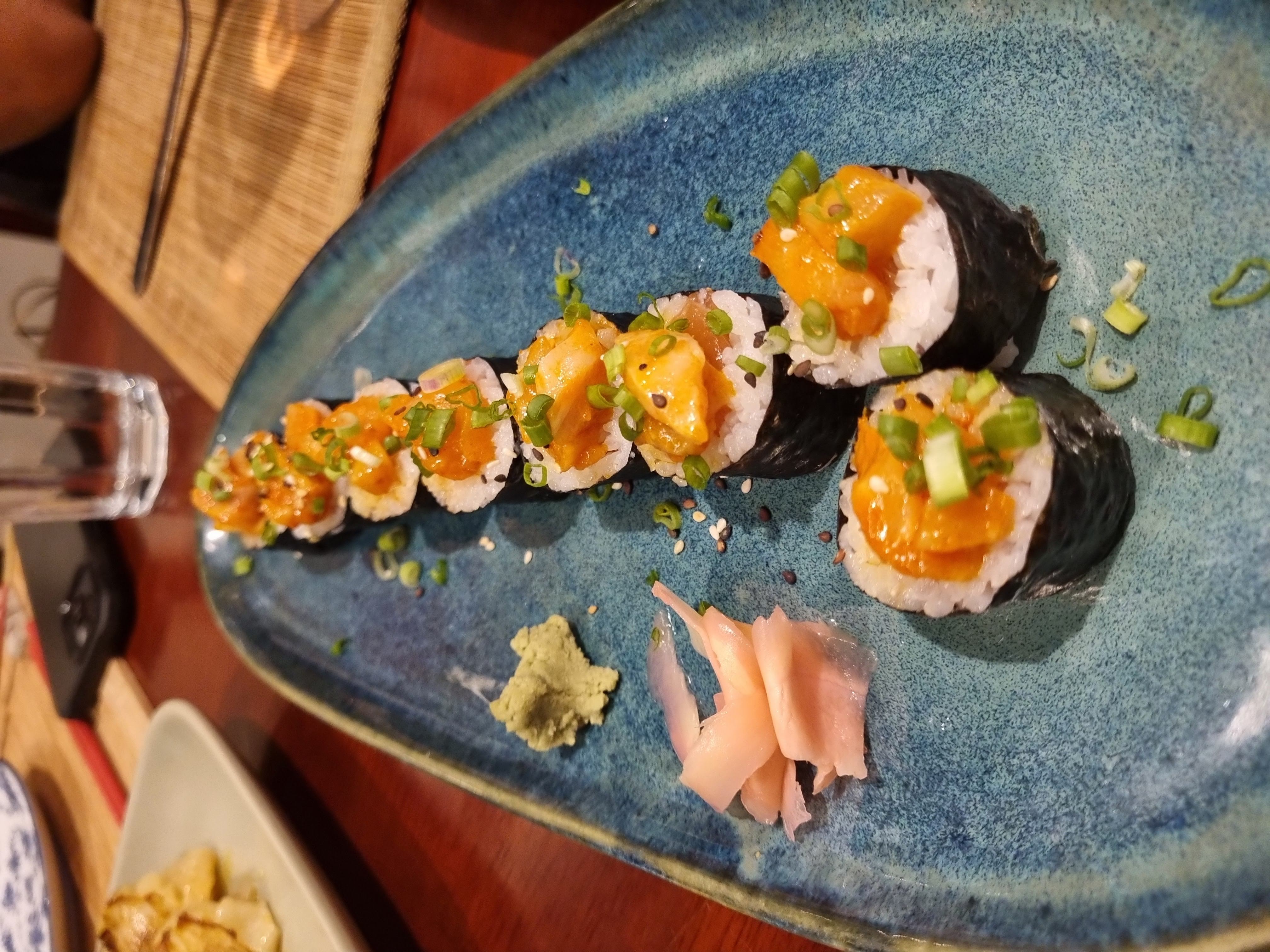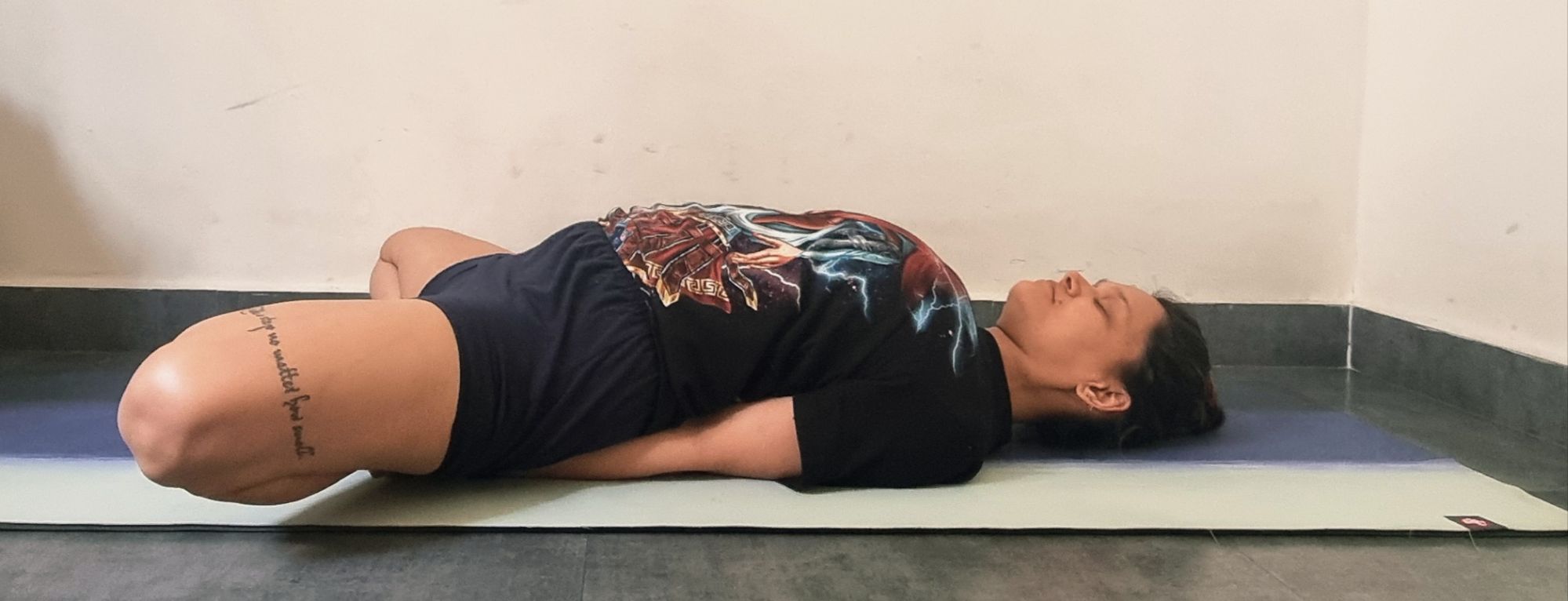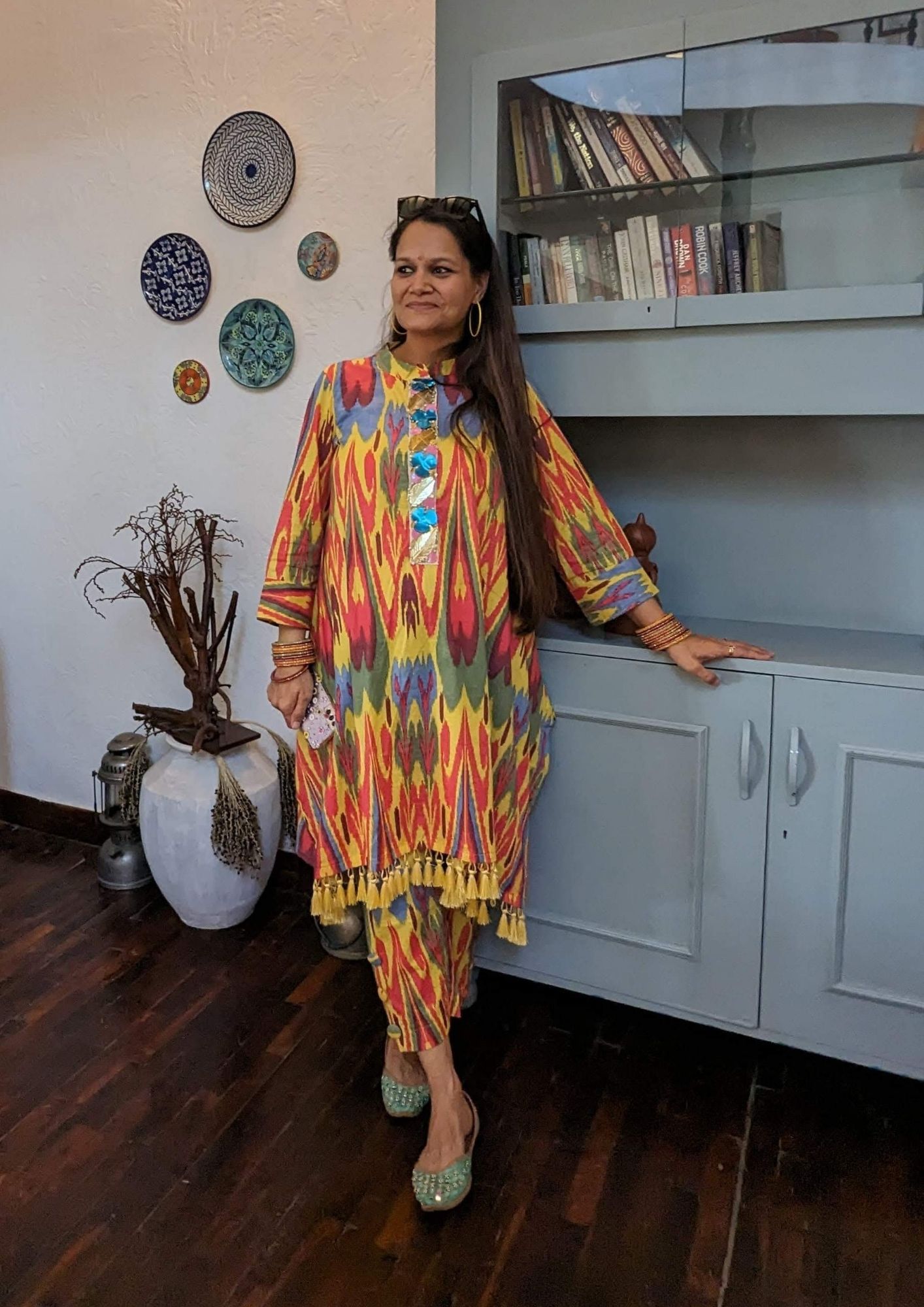Butter, Body Positivity & Balance
I recently finished reading Butter by Asako Yuzuki. Originally in Japanese, it is inspired by the true story of a woman accused of murdering several men by seducing them through delectable, home-cooked, gourmet food. Rika Machida is a journalist investigating the case. She manages to get an interview with the enigmatic Manako Kajii, the woman accused of these crimes, who is on death row. As Rika digs deeper and gets increasingly entangled in Kajii’s narrative, she’s forced to confront her own beliefs about beauty, desire and gender roles. The book explores themes of femininity, power, body image, and how society polices women’s relationships with food, pleasure, and autonomy. It challenges us to ask ourselves: are we truly free? And this question hit me hard because it helped me articulate something complex and uncomfortable about what the body positivity movement has become.
I’ve struggled with weight my whole life, and I’ve seen my life transform through health and fitness. The body positivity movement is one that’s very close to my heart – specifically the message about self-acceptance regardless of one’s body size and shape. After a childhood and most of my adulthood struggling with weight, I came to realise that the acceptance and appreciation I was pining for was from only one person: myself. The cold hard truth is that while I was pining for validation from others, no amount of it meant anything (and still doesn’t).
But today, loving yourself is often taken to mean you don’t need to strive to be better. Endorsers often police fitness enthusiasts for wanting to eat a salad – equating that to be an act of subservience to the impossible patriarchal standards of beauty propagated for centuries. We are made to feel that getting up early for a run is a betrayal of the right of women to rest, rather than a celebration of the amazing feats the human body can accomplish.
There’s a growing narrative that equates the desire for better health with vanity and internalised patriarchy. I’m calling out this unhealthy and aggressive mindset. It shames effort, discipline, and self-respect under the guise of body positivity. People are so quick to throw around ‘fatphobic’ that we can’t even talk about wanting to get in shape anymore. To me, body positivity will always include physical fitness and wellness because this is the highest form of self care and self respect. For years I’ve woken up at 4 am to go for a run or a yoga class, building habits that support long term health (instead of complacency and even denial).

A book that compelled me to articulate my opinions on the body positivity movement.
In her book Yuzuki suggests that indulgence leads to radiance. But unchecked indulgence leads to fatigue and metabolic dysfunction. Think of the flush from one glass of wine versus the fog of one too many (I’m over 40—wine will give me a hangover now). Yuzuki’s characters believe that the ultimate rebellion against patriarchy is to strive to become what it says you shouldn’t become. I believe true freedom is not in becoming what patriarchy fears – but in becoming what you want, regardless of the patriarchy.
Body Positivity vs Health & Fitness
Today, body image and the aspiration to look and feel better—read: better health—are increasingly being weaponised to dismiss the transformative power of health and fitness. Yes, physical fitness exists on a continuum, and real health isn’t about a number on the scale or a particular shape. However, let’s not pretend that a flabby body can also be a fit body – which implies that it is possible for exercise and eating right to have absolutely no impact on a person’s physique.
After years of steadily working on my own fitness and helping countless women with theirs, I know that health does have a look and feel. Strong muscles mean you sit better, move better. Balanced hormones mean you feel lighter, calmer, more confident. Your clothes will fit better and there’s nothing wrong with being motivated by the aesthetic outcomes of discipline.
When you live in South India, the topic of the women as depicted in South Indian temple architecture always comes up. The full-figured women depicted in these temples are often used as examples of what was once considered beautiful, and is tragically not considered so anymore. I once gave a lecture about the 64 Yoginis in the temple at Ranipur Jharial. Ironically, a woman in the audience mentioned how unfortunate it was that the voluptuousness I was describing was a result of the ‘male gaze’.

The voluptuous yoginis at Ranipur Jhariyal.
But the thing is, voluptuousness, the hourglass figure and even the skinny frame are all products of the same male gaze. It’s pretty clear the male gaze does whatever it wants – the real question is what do we want? I speak from decades of experience (both personal and professional) when I say that the healthiest people are liberated from the notions of validation or lack thereof of all other gazes.
There exists a beautiful space between gluttony and denial. It’s called Balance. In this space I can admit to pigging out on chocolate cake at a friend’s baby’s first birthday party and also acknowledge that the sumptuous salad for dinner one night wasn’t enough. Here structure and discipline don’t mean you’re judging yourself – only that you care about yourself.
It’s also where women can choose to be what they want to be unapologetically and impervious to the oppressive male gaze and the even more oppressive female gaze. Society will always pressurise women. It is up to us to accept that which will spur us to do better and disregard anything that else that limits us.
Society will always pressurise women. It is up to us to accept that which will spur us to do better and disregard anything that else that limits us. – Asako Yuzuki
What does body positivity mean to you? How do self-acceptance and striving for better health go hand in hand? I’d love to know what you think! Let me know in the comments.

I can eat this for days.




4 Comments
That’s a fantastic review and and absolutely ? authentic pov at health and fitness.
All that you talk of resonates deeply with me. Kudos and more power to you.
Thank you for reading Inderpreet. I’m touched that my experience and words resonated with you.
Thanks for the review.
Here are my thoughts on the yoginis– I think yes, the statues in these temples were sometimes made by male royal families. I think there’s a possibility (a theory) that some of the queens also played a role in depicting the figures, and Ranipur Jhariyal temple might have been partially or completely built by Hiradevi.
I think that women also judge each other, but really, we shouldn’t. We know what we’re going through, with things like menarche and body changes, family life and stress, and menopause and mood swings and other issues. Each of us can understand what the others are going through as well.
I think it’s important that we love each other just as we are.
Another thing– Women in some cultures are considered attractive when they have fat on their bodies– sometimes a lot of it too! Beauty is in the eye of the beholder, and it’s upto us to create a sangha of people surrounding us, who appreciate us just as we are.
Well said Sowmya, and thanks for bringing forth your keen researcher’s eye to this topic. I really do believe that compassion is the way forward.